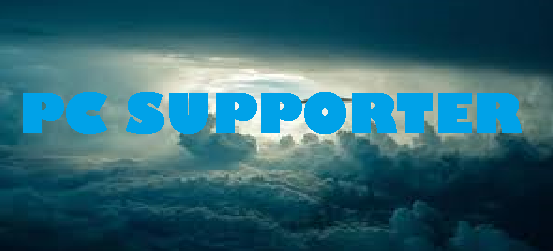They are the lightest and thinnest laptops yet and the biggest & very popular computing category of the years. Here is what you need to know when joining the Ultrabook generation. [By Eric Grevstad]
 Tablets and Netbooks are Toys? Nope. The Holy Grail of Portable productivity is a no compromise laptop with a full-sized, comfortable keyboard; easy on the eyes display; all the performance and ports of a desktop replacement; the convenience of near instant on startup; and all day battery life all in a package so think and light you will forget it�s in your briefcase.
Tablets and Netbooks are Toys? Nope. The Holy Grail of Portable productivity is a no compromise laptop with a full-sized, comfortable keyboard; easy on the eyes display; all the performance and ports of a desktop replacement; the convenience of near instant on startup; and all day battery life all in a package so think and light you will forget it�s in your briefcase.It�s not a new vision, but it has a big new backer or cheerleader in Intel, which at the Computex trade show in May 2011 sketched the outline of what it calls Ultrabooks. In August, the chip giant announced a $300 million marketing and R&D campaign for the new category. And by January 2012�s CES, Intel was boasting of 15-odd Ultrabooks on the market with another 60 designs in the pipeline.
If you would like to board this bandwagon, the first thing to know is that while Intel as a trademark on the capitalized word Ultrabook, it doesn�t have a monopoly on the idea. The 2.9-pound Apple MacBook Air 13-inch dates back to 2008, and its magazine-like-profile, tapering from 0.7 inches thick in back to just 0.1 inch in front, has inspired numerous Ultrabook designers (some Apple fans would say copycats). There�s also a MacBook Air 11 inches.
 On the Windows side, Samsung Series 9 also predates Intel�s Ultrabook push, and Samsung doesn�t use the term in describing it; the company�s super thin flagship is available in 13 and 15 inches size. The Series 9 is also, like the MacBook Air, a premium or status symbol machine that lands north of Intel�s pricing guidelines for Ultrabooks theoretically, under $1,000 for 13 inch models, a goal not all manufacturers have met (prices at this writing range from around $800 to more than $1,400 for fully loaded systems).
On the Windows side, Samsung Series 9 also predates Intel�s Ultrabook push, and Samsung doesn�t use the term in describing it; the company�s super thin flagship is available in 13 and 15 inches size. The Series 9 is also, like the MacBook Air, a premium or status symbol machine that lands north of Intel�s pricing guidelines for Ultrabooks theoretically, under $1,000 for 13 inch models, a goal not all manufacturers have met (prices at this writing range from around $800 to more than $1,400 for fully loaded systems).[PC Magazine March 2012]









